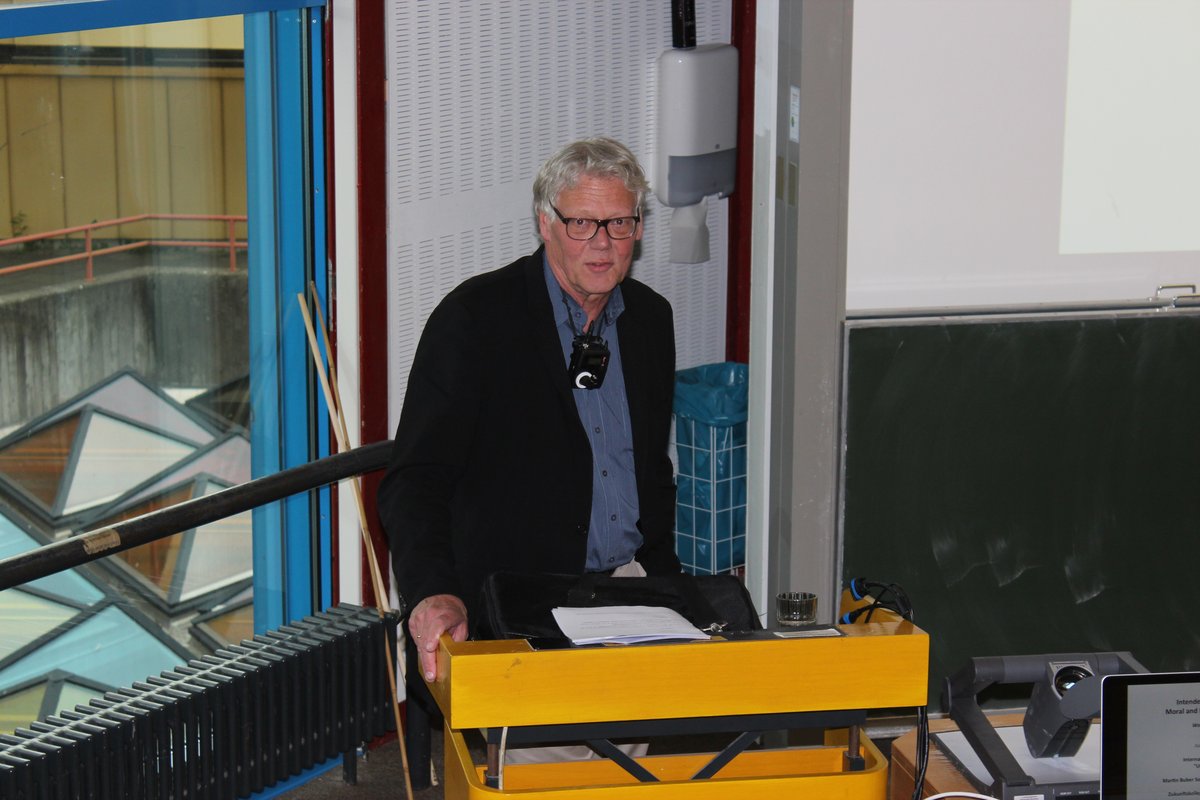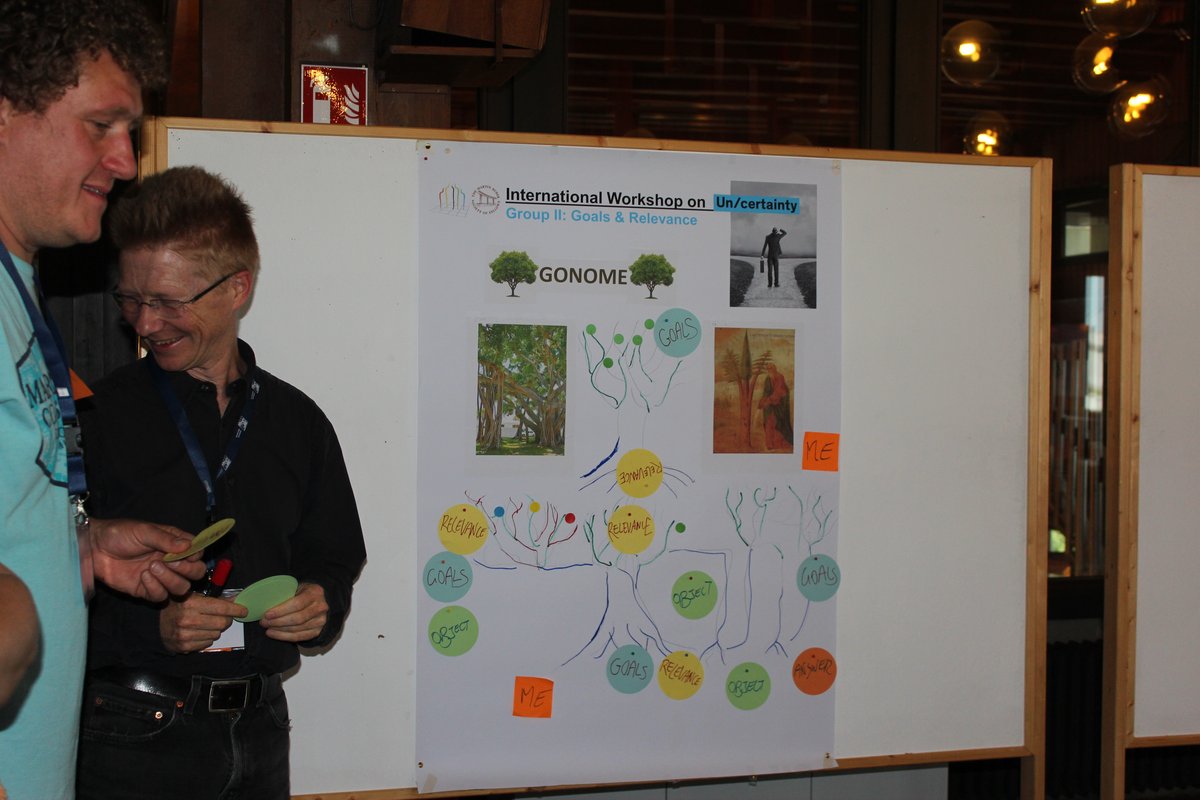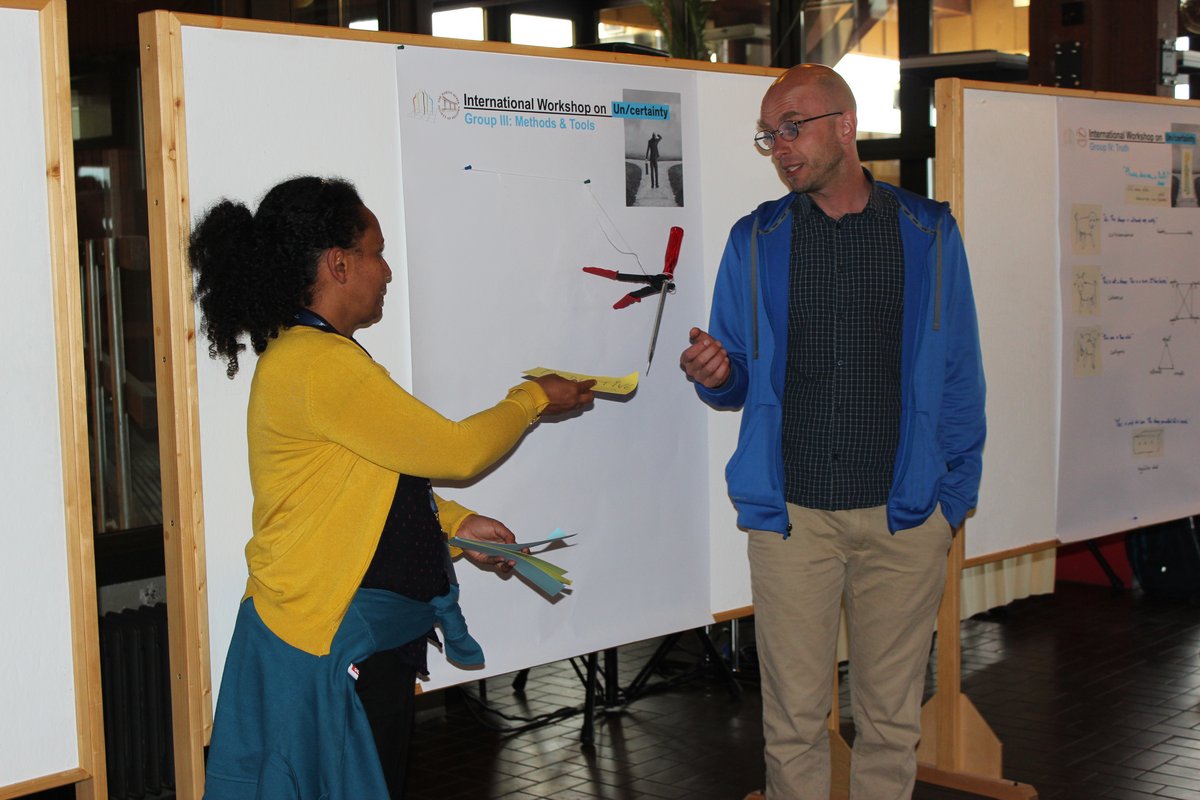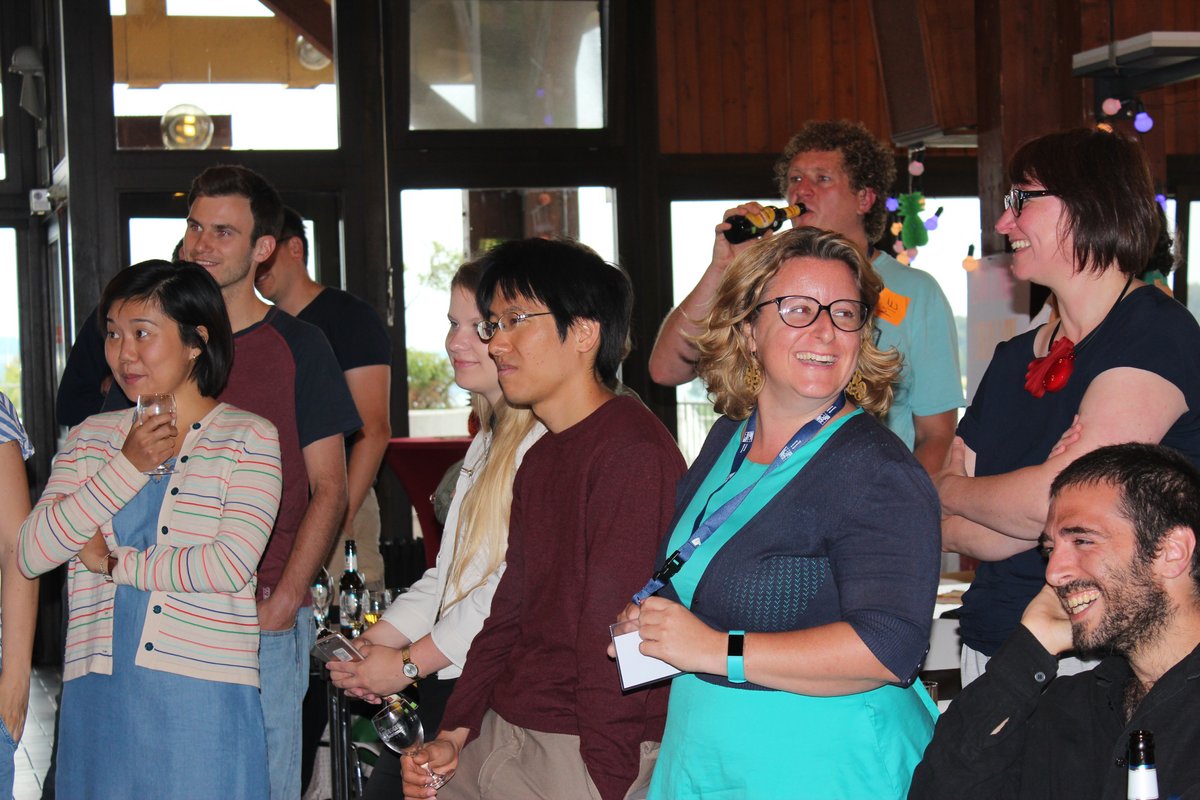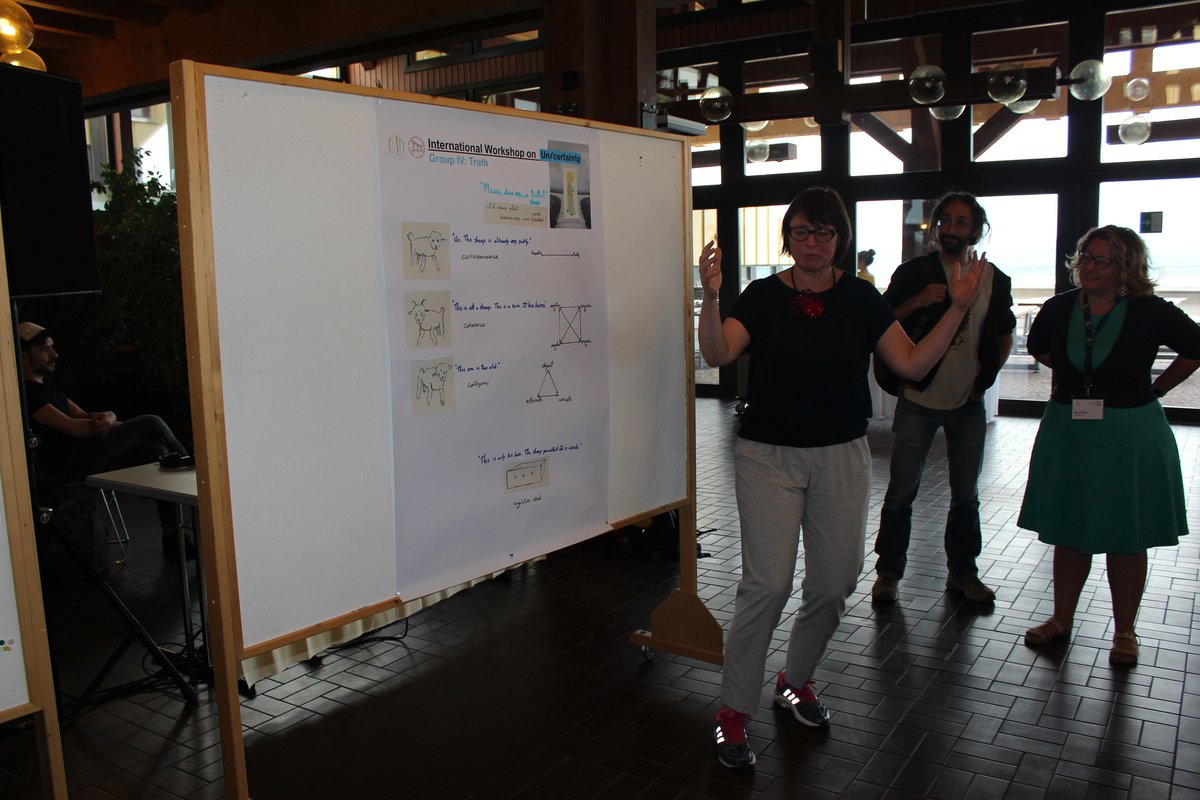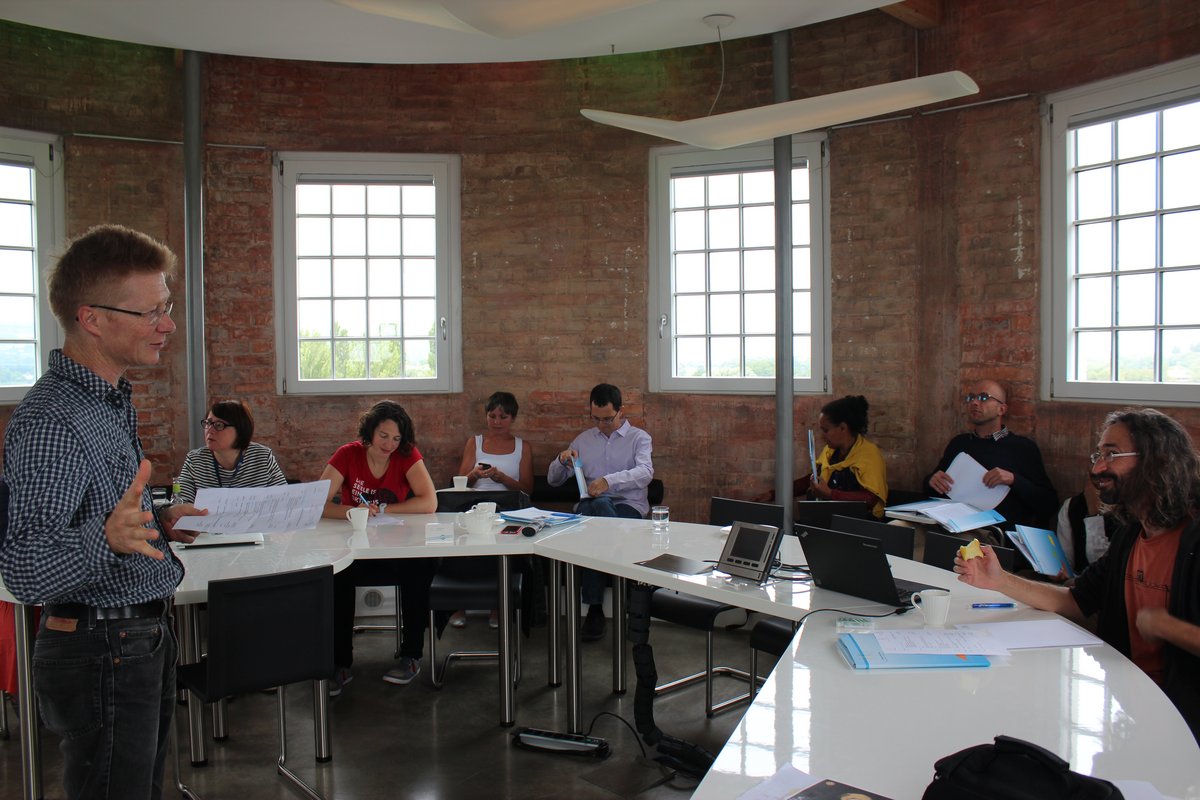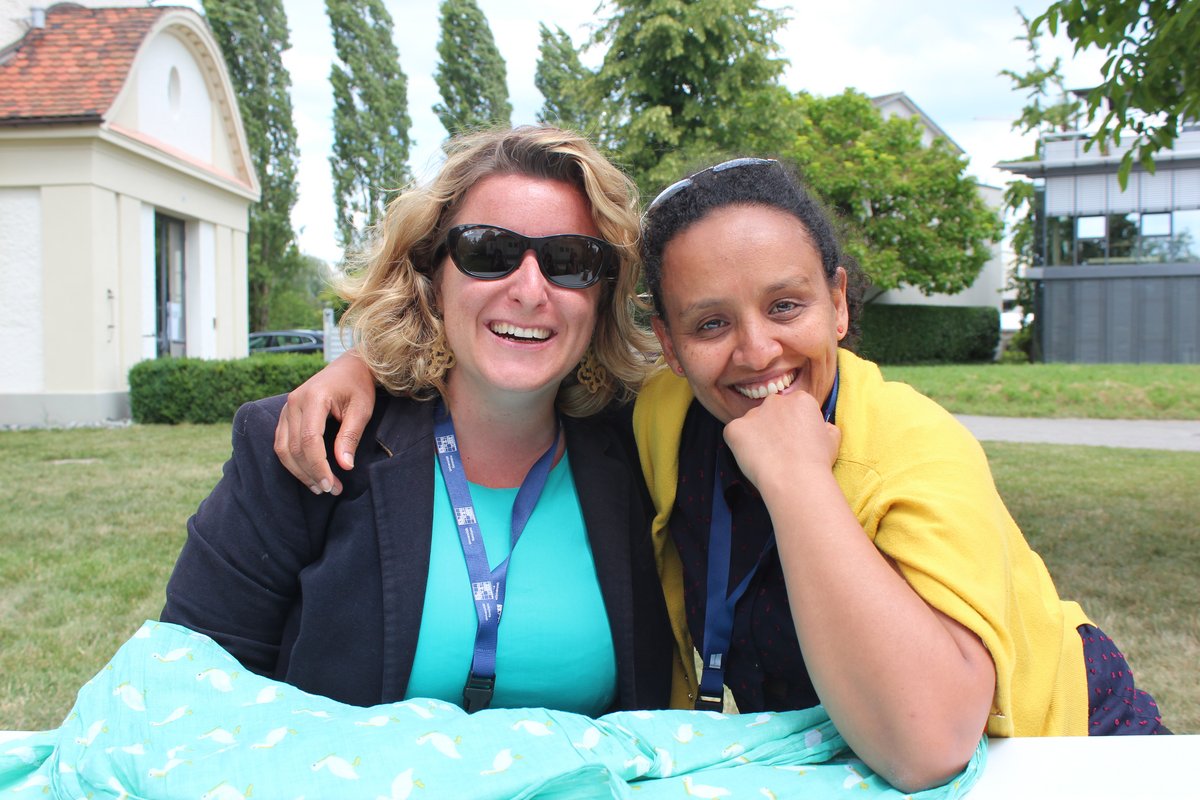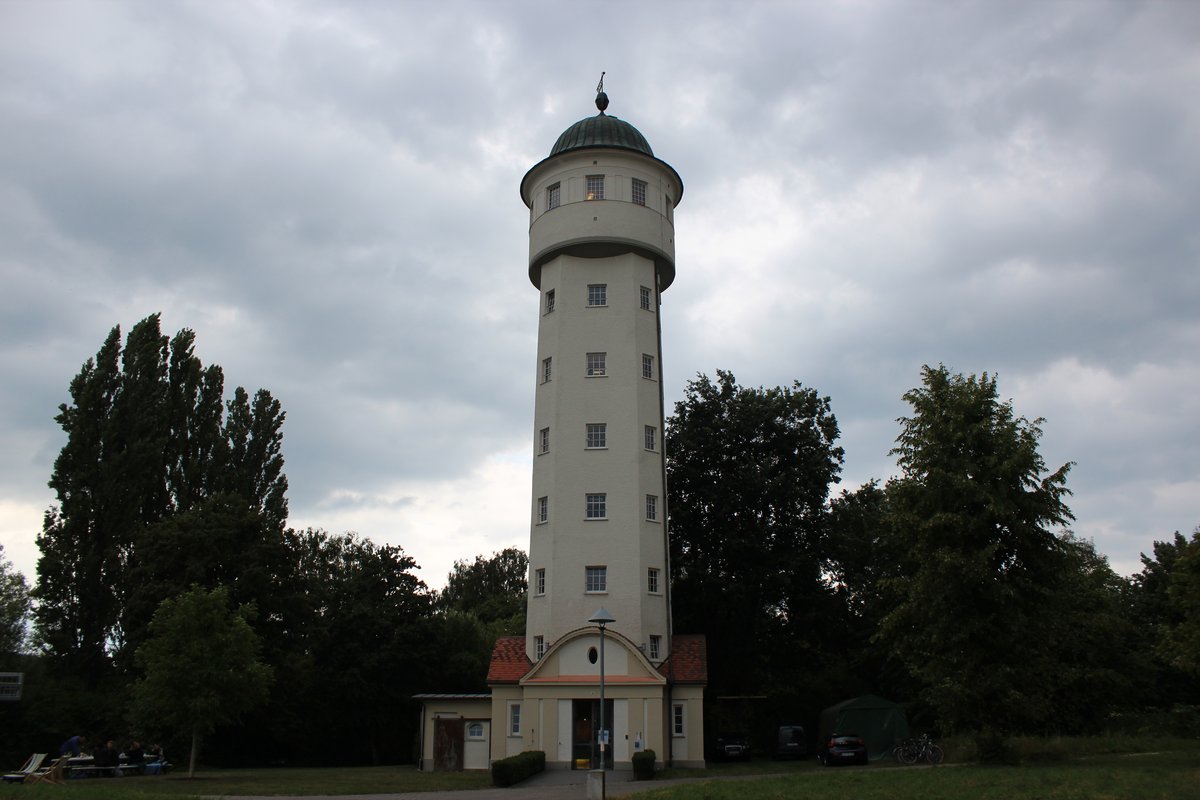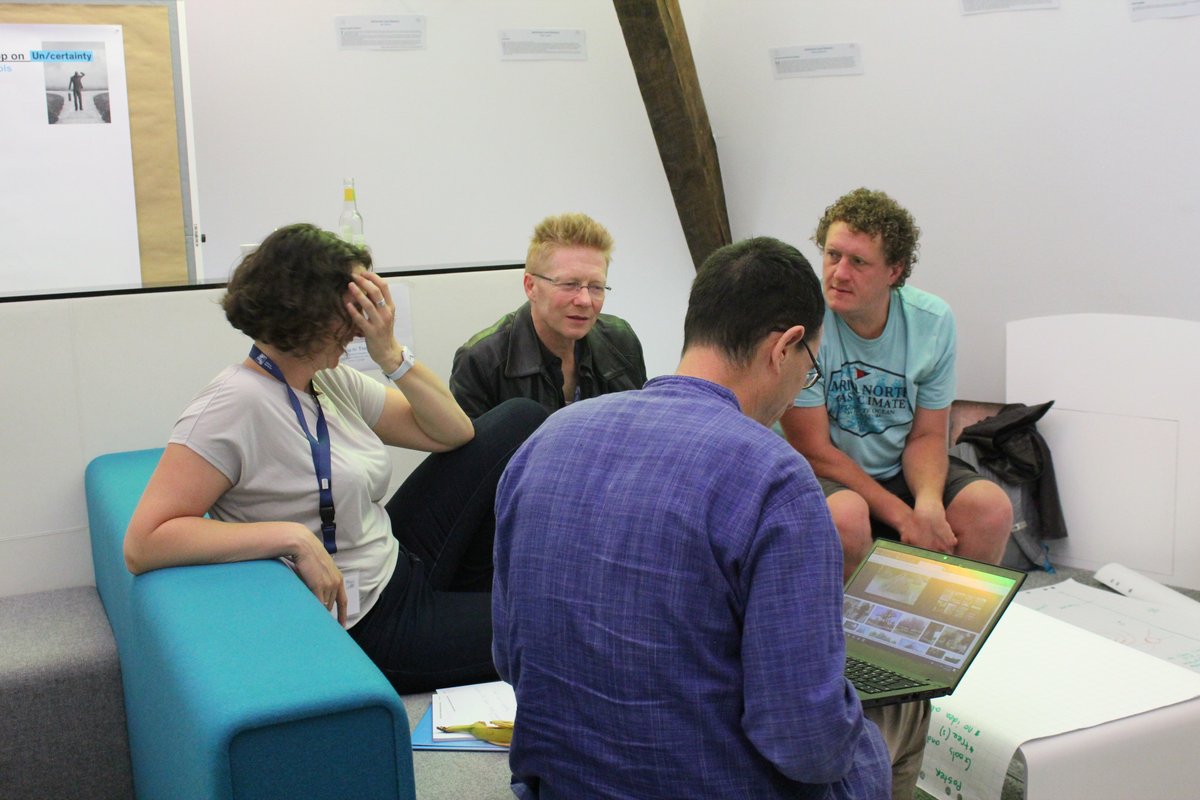Un/certainty
International Workshop in Konstanz from 27th to 30th June 2018 of the Zukunftskolleg Konstanz and the Martin Buber Society at the Hebrew University of Jerusalem
Uncertainty seems to be one of the “conditions of academic work”, as Yigal Bronner, the director of the Buber Society, put it, when summing up two days of inspiring interdisciplinary discussions. The workshop took place in Konstanz and brought together scholars of the Zukunftskolleg at the University of Konstanz and of the Martin Buber Society of Fellows in the Humanities and Social Science from the Hebrew University of Jerusalem for the third time.
The lively and intensive discussions on the first day took place in four thematic groups examining “un/certainty” in the work of the participants. The results of the group discussions, presented over an evening “poster party,” highly varied, indicating the diverse range of scholarly approaches. The first group, which was dedicated to the theme of “challenges and errors”, prepared a game with the purpose of letting players find out how “errors” are constructed and redressed. The second group debated “methods and tools” related to the academic work process, and staged a dialogue involving academic dispute that resulted in the pertinent metaphor of a toolbox to illustrate possible functions of different scientific approaches. The third group discussed “goals and relevance” and illustrated their interconnection and significance to the work of the scientist by presenting different models of real and imagined trees with various branches and roots. And last but not least, the fourth group reflected on the concept of “truth” in the context of “un/certainty” by appealing to a scene from the Little Prince, turning the pilot’s attempts at drawing a sheep into something of a “Schrodinger's Sheep”.
At the end of the first workshop day, Wolfgang Seibel (Politics and Public Administration, University of Konstanz/Permanent Fellow Kulturwissenschaftliches Kolleg, Konstanz/Academic Committee Member, Martin Buber Society, Jerusalem) held the keynote lecture on "Intended Uncertainty: Moral and Institutional Issues".
The presentations on the second day discussed “un/certainty” in depth, through four lectures drawn from a variety of scholarly disciplines. The participants were invited to consider the omnipresence of uncertainty in a biochemical lab, where it is a necessary measurable factor. The concept also proved to underlay questions of historians, archeologist and philosophers alike, albeit through a variety of perspectives, containing various challenges. This way, multiple conceptions and levels of “un/certainty” became apparent, both within and across disciplines. “Un/certainty” thus, proved to be a very fruitful term when engaging in an interdisciplinary dialogue because it points towards core scientific questions. And, above all, the term touches on fundamental conditions of contemporary society and the professional trajectory of early career scholars in particular. Hence, the topic promises to lead to further instructive discussions at the upcoming inter-institutional workshop in Jerusalem at the end of November 2018.
Video of the keynote lecture by Wolfgang Seibel.

